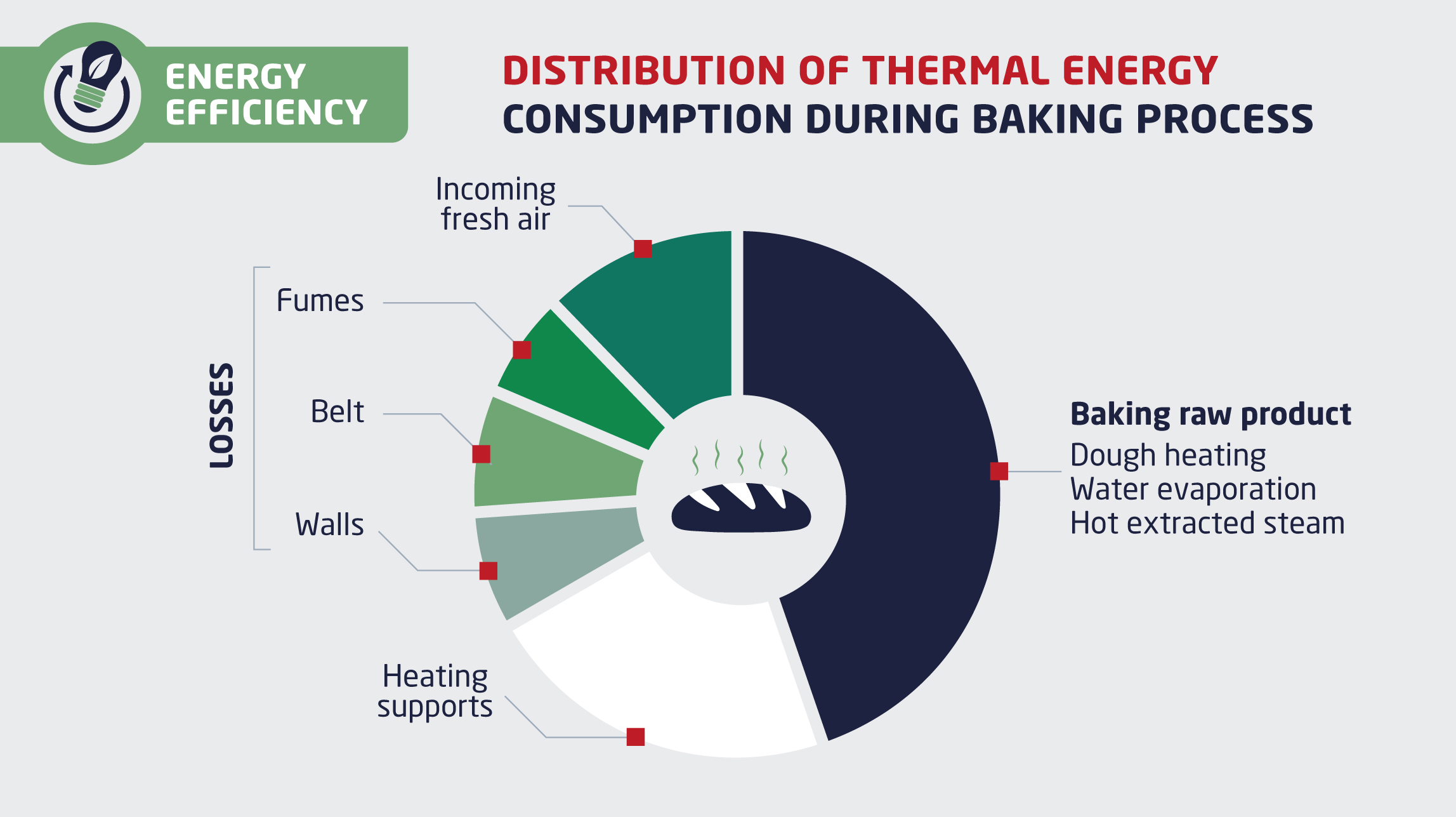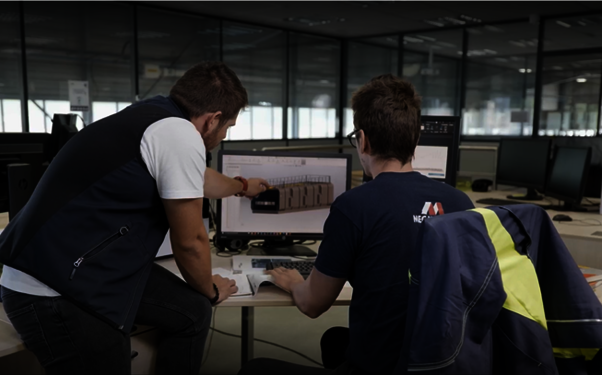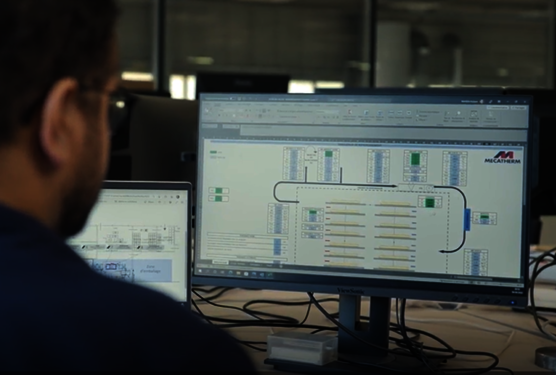MECATHERM develops solutions to optimize energy consumption in ovens.
The world faces increasingly complex challenges related to sustainable development. At MECATHERM, we are committed to continuing and accelerating our efforts in areas where we can have a positive impact, particularly through actions supporting energy transition and the reduction of greenhouse gas emissions.
“That's why we are actively working on developing solutions to help our customers optimize their energy consumption, especially during the product baking phase, which is the most energy-intensive step,” explains Hicham MAIDEN, R&D Thermal Project Manager.
With the guidance of our expert, Hicham, get a clearer view on what's important to understand when a company wishes to evaluate its energy consumption during the baking process of a bakery or pastry product.
“It is crucial to first understand how thermal energy consumption is distributed throughout the baking process,” Hicham shares.
During baking, the total energy consumption is always divided among useful energy (product, support), lost energy (walls, belt, fumes), and energy related to oven usage (such as airflow management).

USEFUL ENERGY
Part of the energy will be used to heat the load, which means the dough and its baking support. This part is fixed and will not change regardless of the oven technology used (for the same product baked on the same baking support). For each of our clients, the target is that this useful energy remains as close as possible to the total baking energy consumed.
ENERGY LOSSES
A second part concerns the lost thermal energy during the baking step. These losses can happen through the oven walls, during the conveying process and as a result of fumes. This can vary depending on the oven design, the oven technology used by the customer and the energy source. For instance, an electrical oven doesn’t lose energy through the fumes’ extraction. Another example: to minimize the losses through the walls, MECATHERM is able to optimize the walls insulation as well as offer compact ovens.
OVERCONSUMPTION DURING THE BAKING OPERATIONS
The third part of consumption concerns humidity control during the baking process. When dampers are opened too much, it can generate fresh airflow into the oven and may result in energy overconsumption. To resolve this, MECATHERM is currently developping new solutions that will enable better control over the humidity in the baking chamber by optimizing the air flows entering in and coming out of the oven.
MECATHERM offers numerous avenues for optimizing energy consumption, such as innovative oven designs, excellent thermal insulation, the choice of multiple oven energy sources, and better humidity control in the baking chamber through the optimization of incoming and outgoing airflow. Do not hesitate to tell us about your sustainability challenges. We’ll help you overcome them together.
To go furthger, we invite you to discover the article: Reducing Energy Losses with a Compact Oven.



